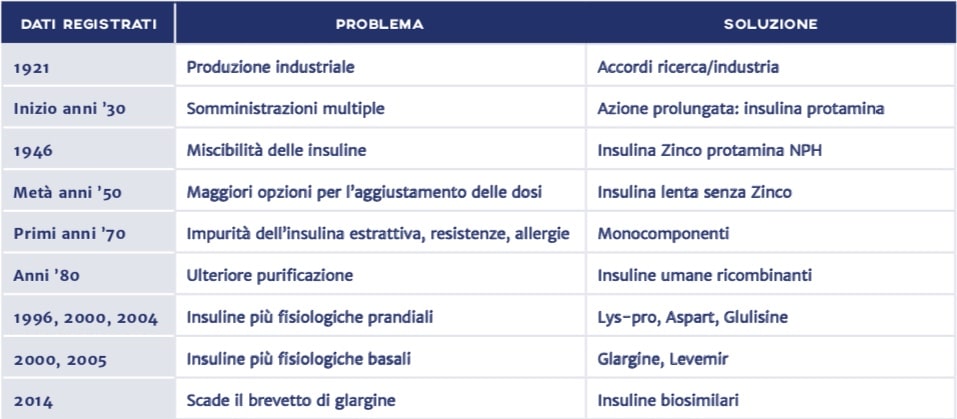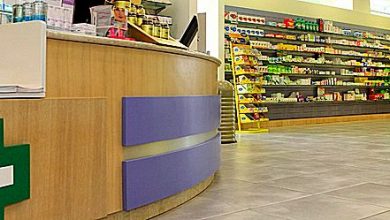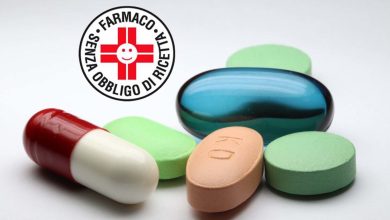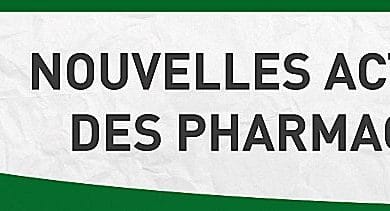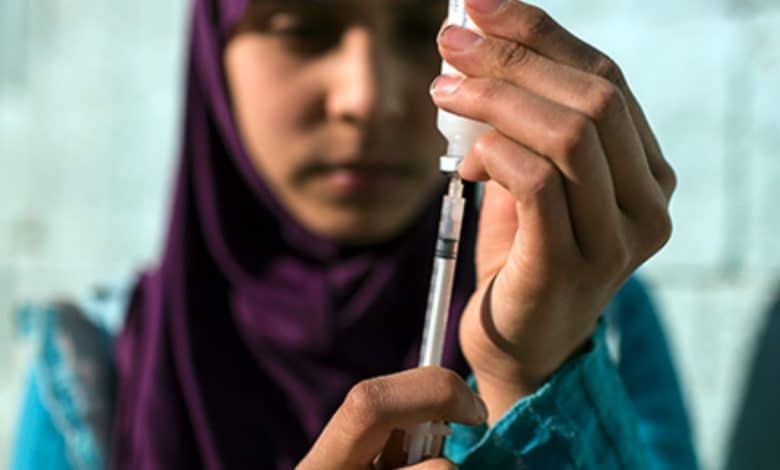
The World Health Organization (WHO) has announced the launch of a pilot program to certify the quality of generic human insulin to scale up diabetes treatment in low- and middle-income countries.
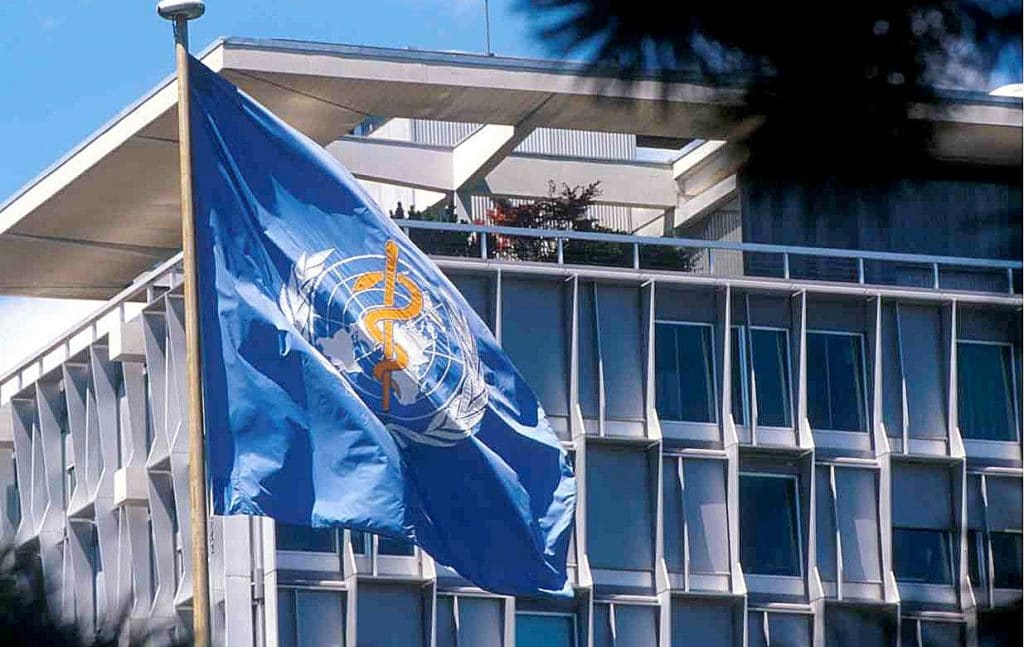 The decision, announced ahead of World Diabetes Day (November 4), is part of a series of steps WHO will take to address the growing burden of diabetes in all regions. About 65 million people with type 2 diabetes need insulin, but only half of them are able to access it, largely due to high prices.
The decision, announced ahead of World Diabetes Day (November 4), is part of a series of steps WHO will take to address the growing burden of diabetes in all regions. About 65 million people with type 2 diabetes need insulin, but only half of them are able to access it, largely due to high prices.
All people with type 1 diabetes need insulin to survive. “Diabetes is on the rise globally and growing fastest in low-income countries,” says Dr. Tedros Adhanom Ghebreyesus, director general of WHO. “Too many people who need insulin find it financially difficult to access it, or go without, risking their lives.
WHO's prequalification initiative for generic insulin is a key step in ensuring that everyone in need of this life-saving product has access to it. ”Insulin prequalification may lead to lower prices WHO's prequalification for insulin is expected to increase access by increasing the flow of quality products to the international market, giving countries more choice for patients with lower prices.
Insulin was discovered as a treatment for diabetes nearly 100 years ago and has been on WHO's List of Essential Medicines since it was published in 1977. Despite the large supply, insulin prices are currently a barrier to treatment in most low- and middle-income countries. Three manufacturers control most of the global insulin market, setting prices prohibitively expensive for many people and countries.
Access to insulin is a challenge in many countries
Data collected by WHO in 2016-2019 from 4 countries on four continents showed that human insulin was available in only 61 % of healthcare settings and insulin analogues in 13%. The data showed that a month's supply of insulin would cost a worker in Accra, Ghana the equivalent of 5.5 days' pay per month, or 22% of his earnings. In rich countries, people often 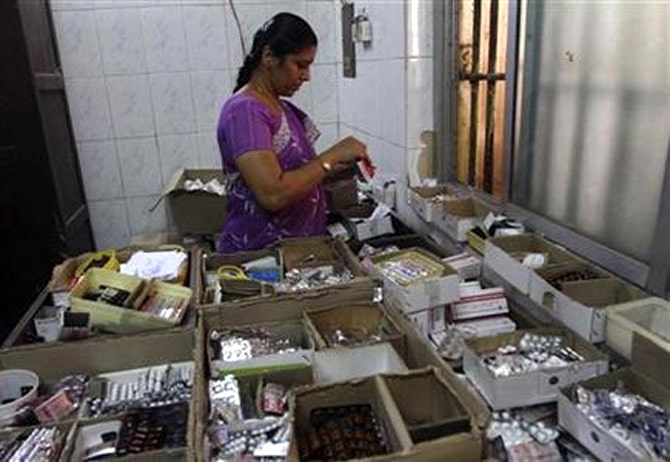 they have to ration insulin, which can be deadly for people who don't get the right amount of medicine.
they have to ration insulin, which can be deadly for people who don't get the right amount of medicine.
“Prequalifying other companies' generic products will hopefully help level the playing field and ensure a more consistent supply of quality insulin in all countries,” says Dr Mariângela Simão, Deputy Director General for Medicines and Products sanitary.
More than 420 million people live with diabetes. Diabetes is the seventh leading cause of death and a leading cause of costly and debilitating complications such as heart attacks, strokes, kidney failure, blindness and lower limb amputations. People with type 1 diabetes need insulin to survive and maintain blood glucose levels to reduce the risk of common complications like blindness and kidney failure.
People with type 2 diabetes need insulin to control blood glucose levels to avoid complications when oral medications become less effective as the disease progresses.
Insulin prequalification is one of several measures WHO will take in the coming year to address the costs of diabetes. Plans are underway to update diabetes treatment guidelines, develop generic price reduction strategies, and improve delivery systems and access to diagnostics.
WHO also works with countries to promote healthier diets and physical activity to reduce people's risk of developing type 2 diabetes.
WHO editors' note: WHO's Medicines Prequalification Program helps accelerate and increase access to critical medical products that need to be quality-assured, affordable and tailored to markets in low- and middle-income countries. The program does this by evaluating medical products developed by manufacturers to ensure their quality, safety and efficacy, in turn expanding the pool of quality medicines available. The evaluation and prequalification of healthcare products is therefore driving international procurement agencies, such as the Global Fund, Gavi, the Vaccine Alliance and UNICEF, and more countries to make bulk purchases of medicines, vaccines, diagnostics and other critical products at lower prices. lower.
Note:
It is interesting to note that in the past, probably due to the therapeutic peculiarities and clinical advantages of the various insulins placed on the market in succession, but also to the difficulties of production and synthesis, no equivalents of insulin have ever been marketed

